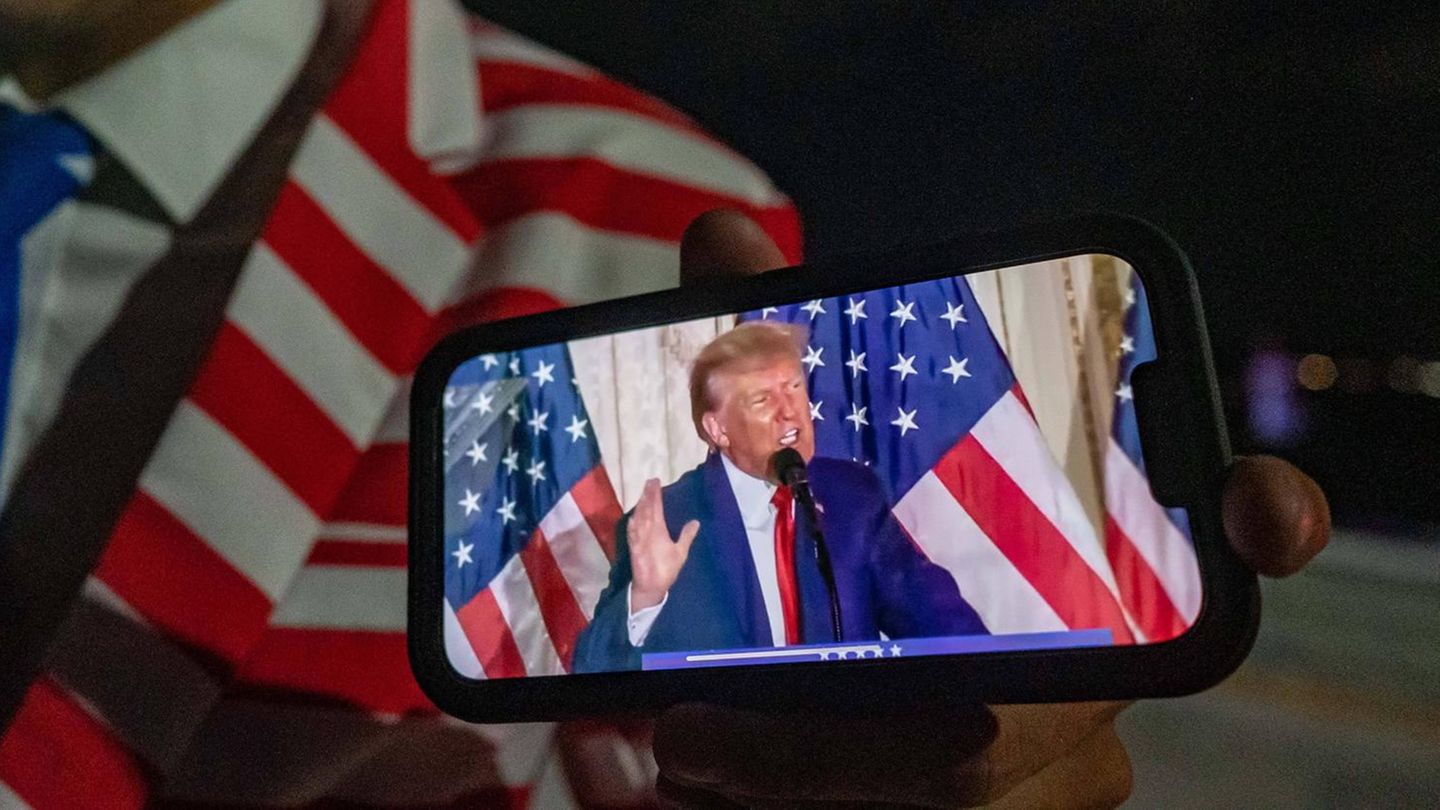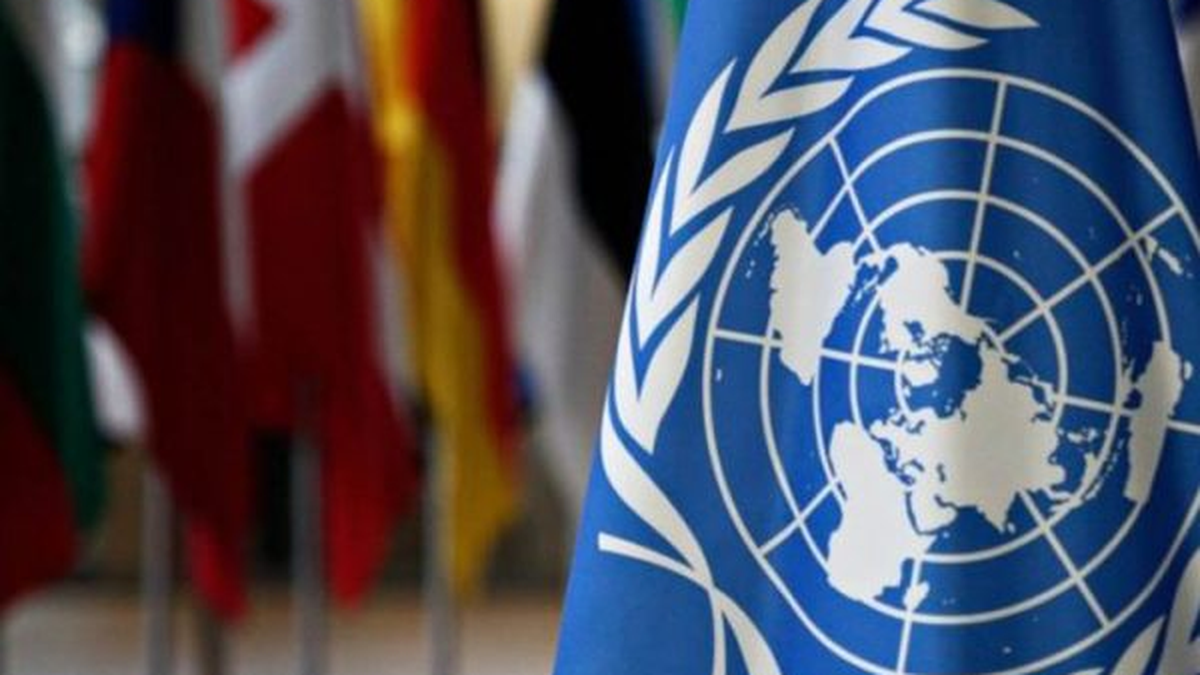FDP leader Christian Lindner, the Greens chairmen Annalena Baerbock and Robert Habeck and other politicians came to the agreed meeting place in Berlin in the morning. SPD chancellor candidate Olaf Scholz welcomed the talks between the Greens and the FDP about possible government cooperation.
The second round of so-called preliminary explorations between the Greens and the FDP should focus more specifically on the content and goals of a possible future coalition. Both parties have put together negotiating teams for this purpose.
Scholz: “Find it right”
“I think it is right that they speak to each other first,” said SPD Chancellor candidate Scholz the “Spiegel” about the preliminary rounds between the Greens and the FDP. “That is a consequence of the Jamaica experience and can only be good for mutual trust and the later formation of a good government.” In 2017, negotiations on a Jamaica coalition of the Union, FDP and Greens fell through.
The FDP broke off the talks at the time, and the grand coalition was re-launched. Now the SPD, victorious in the federal elections, wants to forge a traffic light coalition with the Greens and the FDP. The Greens and the FDP came together for the second time on Friday for preliminary auditions. The SPD wants to officially start talks with both of them on Sunday – in separate rounds.
Scholz said it was wrong for the FDP to leave the negotiations in 2017. “But of course she was right about her criticism on one point.” The negotiations had given the impression that it was all about the Union and the Greens. Political leadership now consists in the fact that the parties talk to each other on an equal footing and that everyone finds themselves in the coalition agreement.
Striving to reach agreement in principle
In the desired coalition agreement of a traffic light alliance, no legal texts need to be anticipated, said Scholz. “On some issues it is sufficient to agree in principle.”
Scholz drew up the picture of a future government alliance in which the relationship should be characterized by affection. “A lesson from real life: Real affection comes from being seriously involved with one another.” Mutual trust is central. “Because later we will have to solve a lot of tasks that were not even foreseeable during the coalition negotiations.”
The Greens and FDP initiated talks on forming a government on Tuesday. From Sunday on, the SPD as the strongest force after the federal elections and the Union will enter into talks. Both are striving for an alliance with the Greens and the FDP – either a so-called traffic light coalition under the leadership of the SPD or a so-called Jamaica alliance under the leadership of the Union.
Hard negotiations are expected
Green parliamentary leader Katrin Göring-Eckardt expects tough negotiations during the talks about a possible alliance with the SPD and FDP. Nobody should pretend “as if we are already throwing cotton balls at each other,” said Göring-Eckardt on Thursday in the ZDF program “maybrit illner” and added: “These will be tough negotiations.”
The group leader expects difficult discussions, for example in climate policy. She referred to the negotiations on the carbon price. “Those were the most blatant negotiations and the one who stood in the way of being ambitious was Olaf Scholz.” Finding a common path in climate policy is just as difficult with the SPD as the discussion about “other ideas” of the FDP on regulatory policy. A “new challenge” for everyone is also the creation of equal living conditions in town and country. The tasks are huge and regardless of whether you are talking about a traffic light or the Union, it will not be easy.
“Content issues in the foreground”
Meanwhile, the deputy FDP leader Johannes Vogel emphasized on Friday that questions of content are in the foreground for him in the upcoming exploratory talks. “And these questions of content, which we are now devoting ourselves, very consciously now, first with the Greens and then in the talks of the next few days, and then you have to see,” he said on ARD. It is less a question of how quickly, but how well a government can be formed.
The CSU top also wants to meet on Friday. The party presidium wants to mark the course for the upcoming talks about a possible Jamaica coalition in a video conference. The Greens and FDP initiated talks on forming a government on Tuesday. From Sunday on, the SPD as the strongest force after the federal election and the Union (CDU and CSU) will enter into talks. Both are striving for an alliance with the Greens and the FDP – either a so-called traffic light coalition under the leadership of the SPD or a so-called Jamaica alliance under the leadership of the Union.
Also CSU ready for Jamaica coalition
The CSU reported readiness for concentrated and quick exploratory talks with the goal of a Jamaica coalition of the Union, Greens and FDP. “We as the CSU want to do everything we can to ensure that the possibility that exists is also used,” said CSU General Secretary Markus Blume on Friday after a presidium meeting of his party in Munich.
“We are ready for Jamaica. We are ready for quick, compact and, above all, very focused discussions,” said Blume. The focus must be on being able to get results very quickly. “It shouldn’t be the secondary tones that should be decisive, but rather the maximum concentration on what you want to achieve – namely to fathom whether there is a possibility of actually making Jamaica a reality,” said Blume.
The CDU and CSU fell to the historic low of 24.1 percent in the federal election last Sunday. The SPD was the strongest force with 25.7 percent. The Greens came third with 14.8 percent, followed by the FDP with 11.5 percent.
In the current political barometer of the ZDF, 59 percent of those questioned spoke out in favor of a traffic light coalition made up of the SPD, the Greens and the FDP. 20 percent think it’s bad and 19 percent wouldn’t care if it came to that. According to the poll by the Wahlen research group, 76 percent would like Olaf Scholz (SPD) and only 13 percent Armin Laschet (CDU) to be the next Federal Chancellor. In addition to very large majorities in the supporters of the SPD, Greens and Left, 61 percent of the FDP supporters and 55 percent of the AfD supporters spoke out in favor of Scholz. Even among the CDU / CSU supporters, 49 percent are for Scholz and only 39 percent for Laschet. 63 percent are of the opinion that Laschet should resign as CDU party chairman, including 62 percent of Union supporters.




